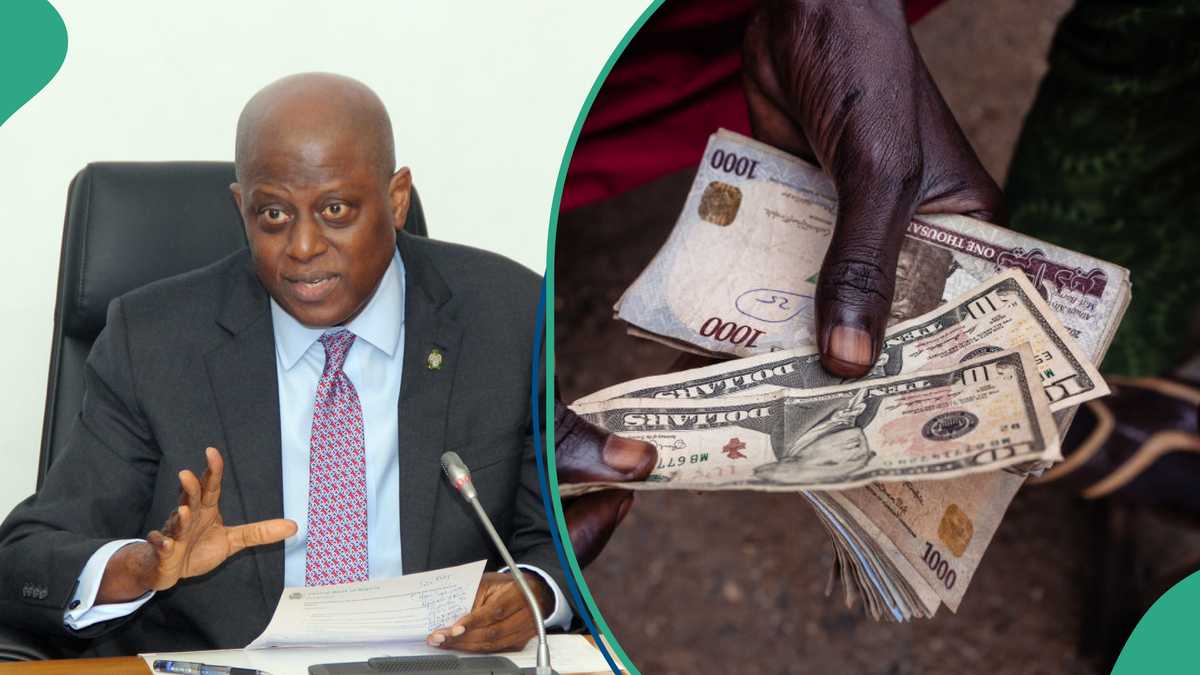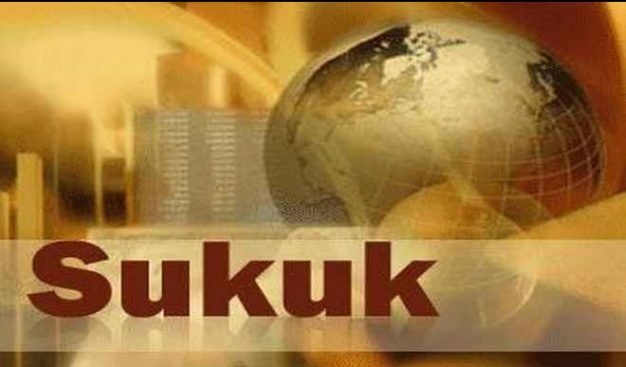FG Issues N300bn Sukuk for Infrastructure Projects
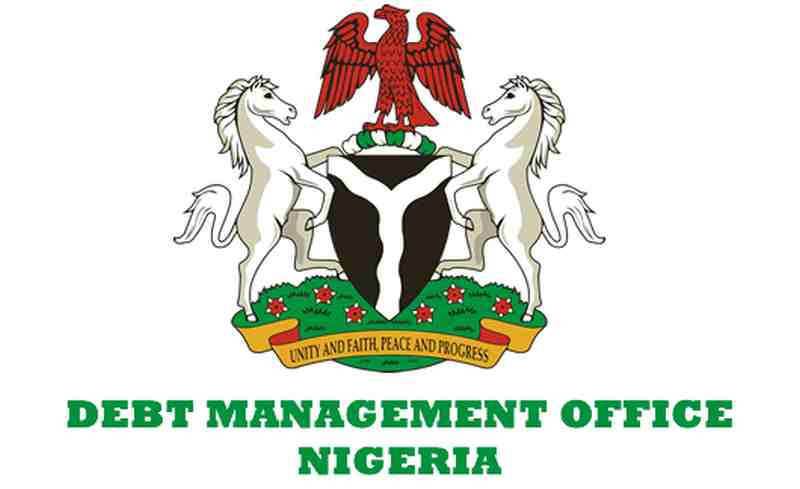
The Nigerian federal government is expanding its infrastructure project financing through the issuance of N300 billion Series VII Sovereign Sukuk. This initiative aims to address Nigeria’s infrastructure deficit by allocating funds to critical road and bridge projects across the country, supporting the government’s broader economic growth and development agenda. Patience Oniha, the Director-General of the Debt Management Office (DMO), highlighted Nigeria's consistent advancement in Sukuk financing, which has now reached N300 billion in the current tranche. The Sukuk is part of the approved domestic borrowing outlined in the federal government’s annual budget, negating the need for additional legislative approval.
Oniha emphasized the importance of increasing budgetary allocations for projects eligible for Sukuk financing, identifying it as a key constraint. She also mentioned the government’s future plans to finance revenue-generating projects through Sukuk, provided these projects can cover both the principal and rental obligations. Addressing concerns about the frequency of Sukuk issuance, Oniha explained that the resource-intensive process and the need for approvals from multiple bodies, including the Central Bank of Nigeria (CBN) and international Islamic finance experts, make frequent, small tranches impractical. She suggested aiming for a larger pool of funds, such as N1 trillion, to be spread over several quarters for better cost efficiency.
Subscriptions for the N300 billion Series V11 Ijarah Sukuk, a Sharia-compliant instrument, have opened, offering investors an annual rental rate (interest) of 19.75 percent over a seven-year tenor. This issuance is the seventh in the Sukuk series and the highest since its debut in Nigeria in September 2017, bringing total subscriptions to approximately N1.09 trillion. Oniha noted the positive impact of Sukuk on Nigeria’s road infrastructure nationwide since its introduction in 2017 and pointed to recent macroeconomic improvements, including the upgrade of Nigeria’s credit outlook by Fitch, as indicators of progress in fiscal and monetary management. She attributed these improvements partly to the CBN’s recent reforms, particularly those targeting the forex market, which have led to increased transparency and stability in the naira’s exchange rates.
Regarding Nigeria’s public debt, Oniha reported that the total debt stock stood at N144.67 trillion as of December 2023, almost evenly split between external and domestic components. The growth in debt stock was primarily due to the devaluation of the naira, which increased the local currency value of dollar-denominated debts. The inclusion of Ways and Means Advances, amounting to about N30 trillion, also significantly contributed to the total debt figures. Oniha reassured investors about the structure and sustainability of Nigeria’s debt, emphasizing the diversification of external borrowing sources, including multilateral institutions, bilateral partners, and commercial markets. Over 60 percent of Nigeria’s external debt is from multilaterals and bilaterals, offering more favorable terms and reducing exposure to market shocks.
Oniha described Nigeria’s bond market as active, with various instruments like Treasury bills, Federal Government Bonds, Savings Bonds, and Sukuk issued regularly, catering to a wide range of investors. She noted that over 70 percent of Nigeria’s domestic debt was issued by the federal government, with long tenors spanning up to 30 years. While Nigeria’s debt-to-GDP ratio has exceeded 50 percent, Oniha stated that it remains within acceptable limits according to international benchmarks. She highlighted the importance of growing revenues and expanding the GDP to improve the ability to service debt and applauded the National Assembly for passing the Tax Bills, which are expected to enhance revenue collection and reduce pressure on borrowing.
The proceeds from the N300 billion Series VII Sukuk will fund critical road projects, adding to the over 4,000 kilometers of roads already financed through Sukuk. Oniha assured continued commitment to investor engagement and transparency, maintaining the principles of Islamic finance that prohibit interest and ensure ethical, asset-backed investing. The interest and principal of the premier N100 billion Sukuk issued in 2017 were fully and successfully repaid in 2024. Subscriptions for the Series VII Sukuk, which opened recently, will run through next Tuesday, with a minimum subscription set at N10,000 and in multiples of N1,000 per unit to promote inclusivity.
You may also like...
In the Shadows of the Signal: How Africa is Fighting a War It Cannot See

The article discusses the growing threat of cyberattacks in Africa, likening it to a "quiet war" being waged through dig...
Beyond Fintech, A Continent on the Rise

Africa's tech landscape is rapidly diversifying beyond fintech. Discover how innovation in sectors like AI, health tech,...
Should Religion Still Dictate Morality in a Secular Age?

This bold essay unpacks the complex relationship between faith, law, and public life—exploring where religion uplifts mo...
Africa’s AI Moment: Are We Innovating or Just Consuming?

As AI reshapes Africa’s digital landscape, the continent stands at a crossroads: Will it lead innovation or remain a tes...
The Rise of AfroAnimation: How African Studios Are Telling Our Stories With Global Appeal
(26).jpeg)
African animation is breaking boundaries as studios across the continent craft vibrant, culturally-rooted stories with g...
Digital Dakar: Why Senegal Is Africa’s Next Fintech Capital

Senegal’s capital, Dakar, is emerging as Africa’s next fintech powerhouse, driven by mobile money innovations, a youthfu...
The Global South Doesn’t Need a Savior: It Needs Equity
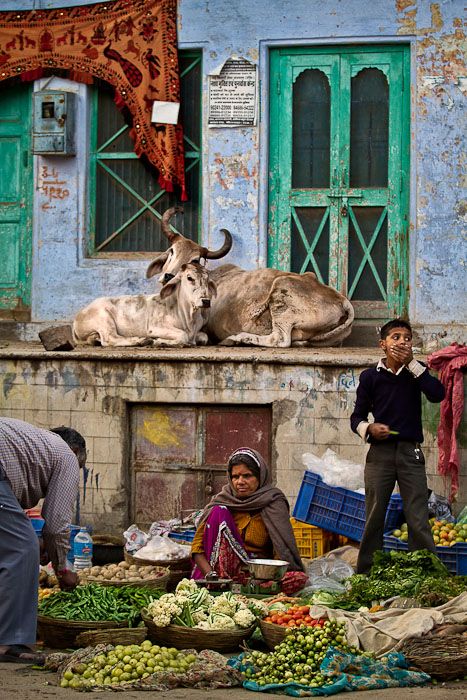
This incisive essay dismantles the outdated saviour complex, calling for a bold shift from patronising charity to genuin...
The Strangers Next Door: A New Dilemma at Africa’s Threshold
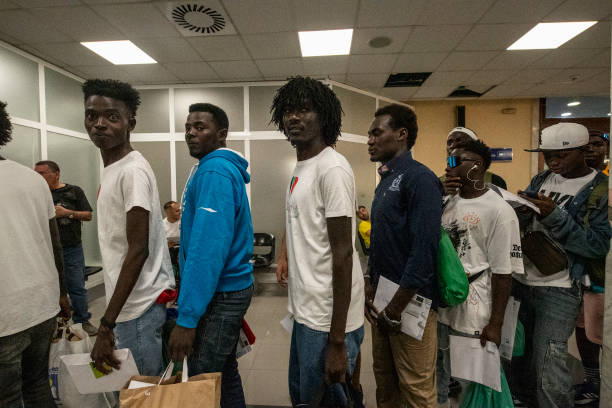
The article discusses the deportation of African nationals by the United States to eSwatini, a small southern African ki...


